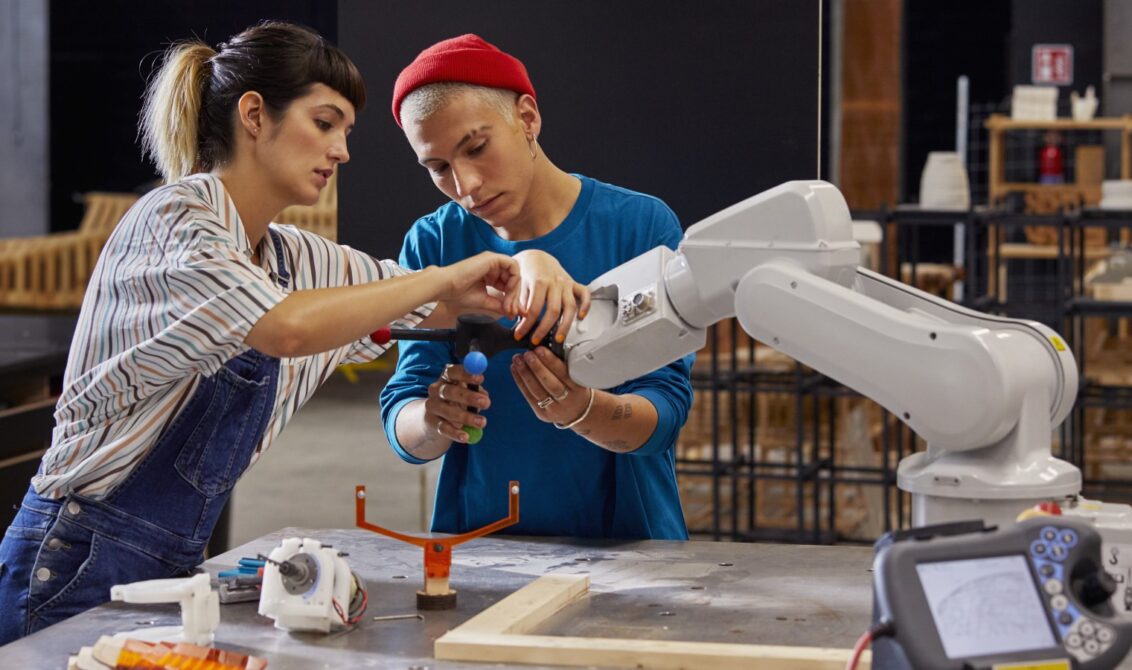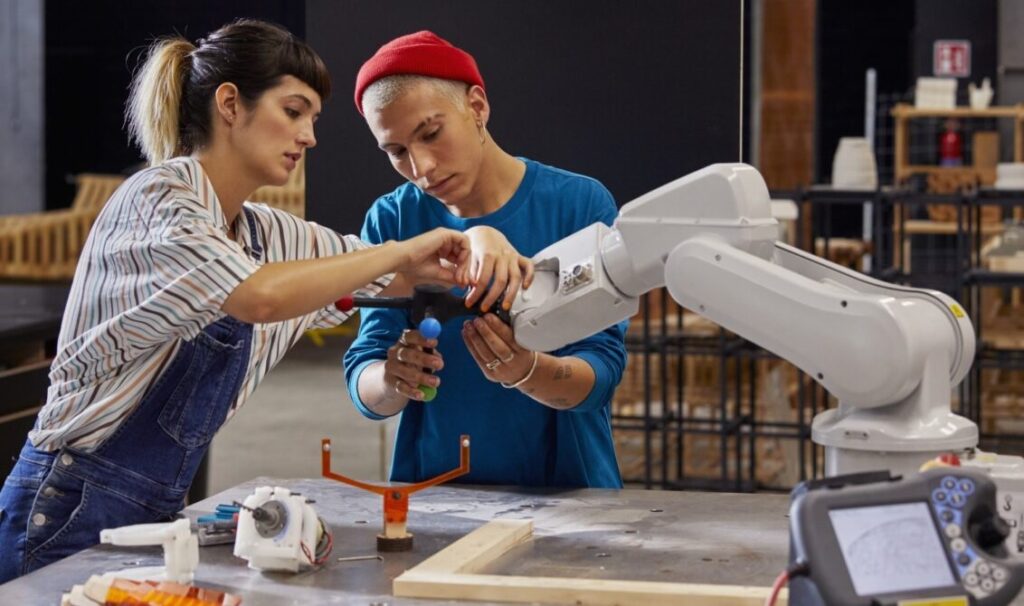
Introduction
In today’s fast-paced manufacturing landscape, the integration of technology has revolutionized the way products are made. One of the most significant advancements is the use of industrial robots. These automated machines have transformed industries by streamlining processes, increasing efficiency, and improving product quality. In this article, we will delve into the world of industrial robots, exploring their history, functions, benefits, and future prospects.
A Glimpse into the Past
Early Beginnings of Automation
The roots of industrial robots can be traced back to the 1950s when the first automated machines were developed. These early attempts aimed to replace monotonous and hazardous tasks in manufacturing plants, paving the way for more advanced robotic systems.
The Unimate Revolution
In 1961, the world witnessed a breakthrough with the introduction of the Unimate robot. This robotic arm, designed by George Devol and Joseph Engelberger, was installed in a General Motors plant for material handling. It marked the birth of industrial robotics and laid the foundation for future innovations.
The Functions of Industrial Robots
Handling and Assembly
Industrial robots excel in tasks that involve material handling and assembly. Their precision and repeatability make them invaluable in assembling intricate components with minimal error margins.
Welding and Fabrication
Robots have transformed the welding and fabrication processes. Their ability to perform consistent and high-quality welds has led to enhanced product durability and structural integrity.
Inspection and Quality Control
Quality assurance is a critical aspect of manufacturing. Robots equipped with advanced sensors and cameras can meticulously inspect products, identifying defects that might elude human eyes.
Repetitive and Dangerous Tasks
Robots are the ideal solution for tasks that are repetitive or hazardous for humans. This includes tasks in environments with extreme temperatures, toxins, or confined spaces.
Benefits Galore
Enhanced Efficiency
Industrial robots work tirelessly without breaks, significantly increasing production speed and overall output. This translates to quicker order fulfillment and reduced lead times.

